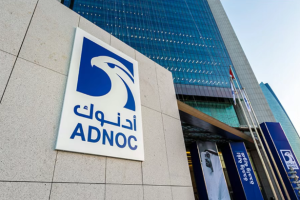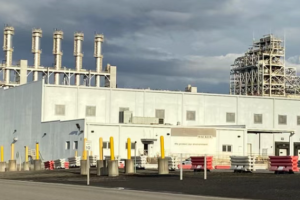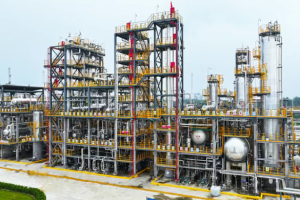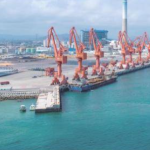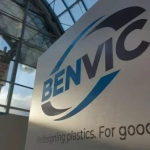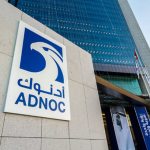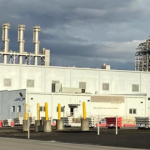November 22, 2024 – The production process of recycled polyester fibers boasts various methodologies, among which the physical method stands out due to its efficiency and environmental friendliness. This approach transforms waste polyester materials into raw materials ready for direct melt spinning through sorting, cleaning, and drying processes. Teng Daojin, the production manager of Jiangsu Peipu Polymer Technology Co., Ltd., a leading figure in this field, explained, “The polymer materials produced through our physical method are not only widely used in textiles, sheet materials, and abrasives but also feature direct spinning of colored fibers, catering to the market’s diverse demands for various colored fibers and spun fabrics.”

Upon entering Jiangsu Peipu’s production facility, one can witness four recycled polyester chip production lines in full operation, with an annual capacity of 150,000 tons. Additionally, there is a 3A-grade clean bottle chip production line with an annual output of 40,000 tons. In 2023, the company’s sales revenue surpassed 350 million yuan, and this year, it is projected to reach 600 million yuan. To further enhance the completeness of its industrial chain, Jiangsu Peipu has invested 5.2 billion yuan to initiate the construction of a 250,000-ton green recycled fiber carbon-negative base project. This project will achieve full-chain production from waste plastic bottles to colored spun fabrics, setting a new benchmark for the industry.
In terms of technological innovation, Jiangsu Peipu is also at the forefront. According to AsiaMB, the company is the first globally to achieve large-scale production of 10D to 15D physical method fiber-grade chips. Its recycling technology is not only world-leading but also offers significant advantages in water resource and energy consumption, saving two-thirds compared to primary production. To drive the sustainable development of the industry, Jiangsu Peipu has established close cooperation with Donghua University and Oerlikon, a leading textile machinery enterprise. The three parties will jointly explore new biological technologies, aiming to establish a 2-3 million-ton green circular recycled fiber industry within the next 5-10 years, contributing to the sustainable development of our planet.





